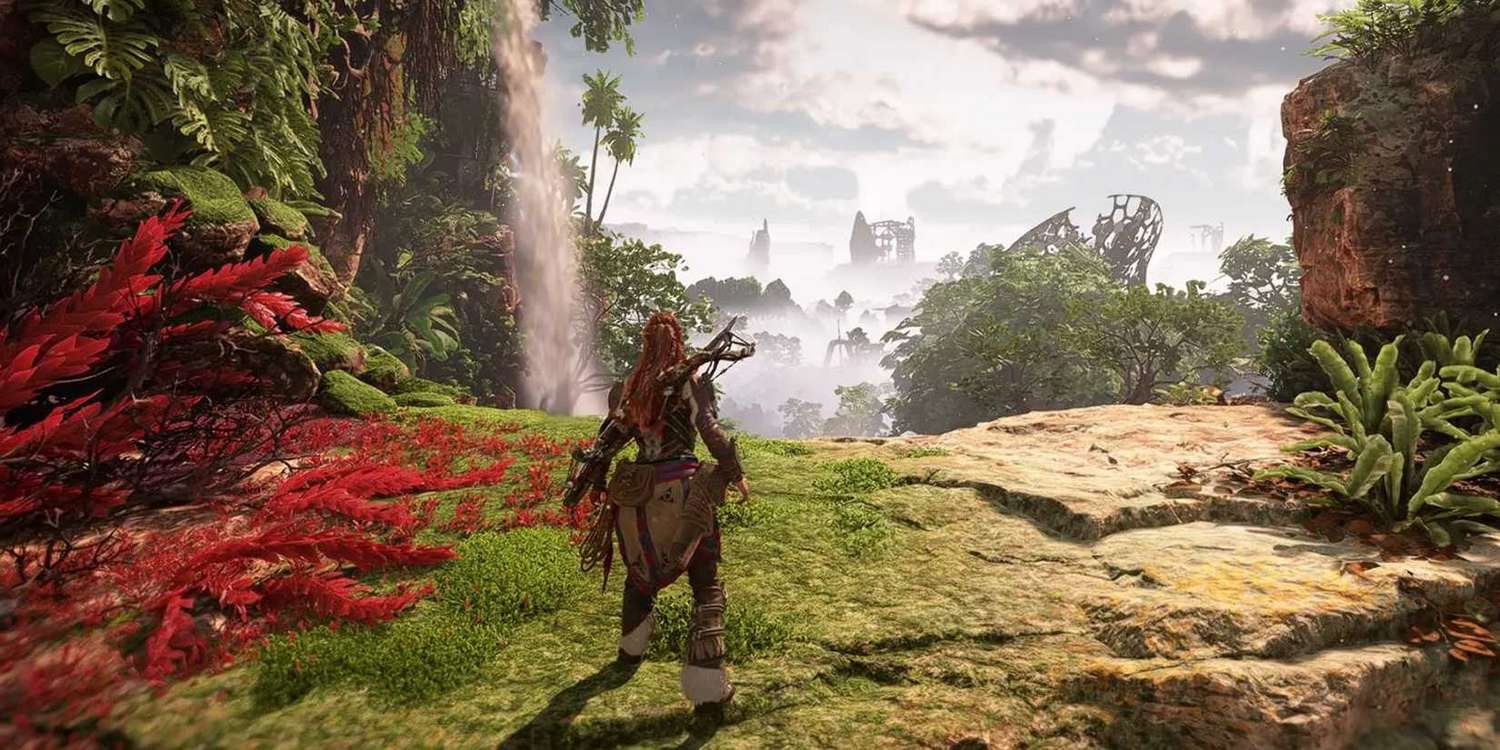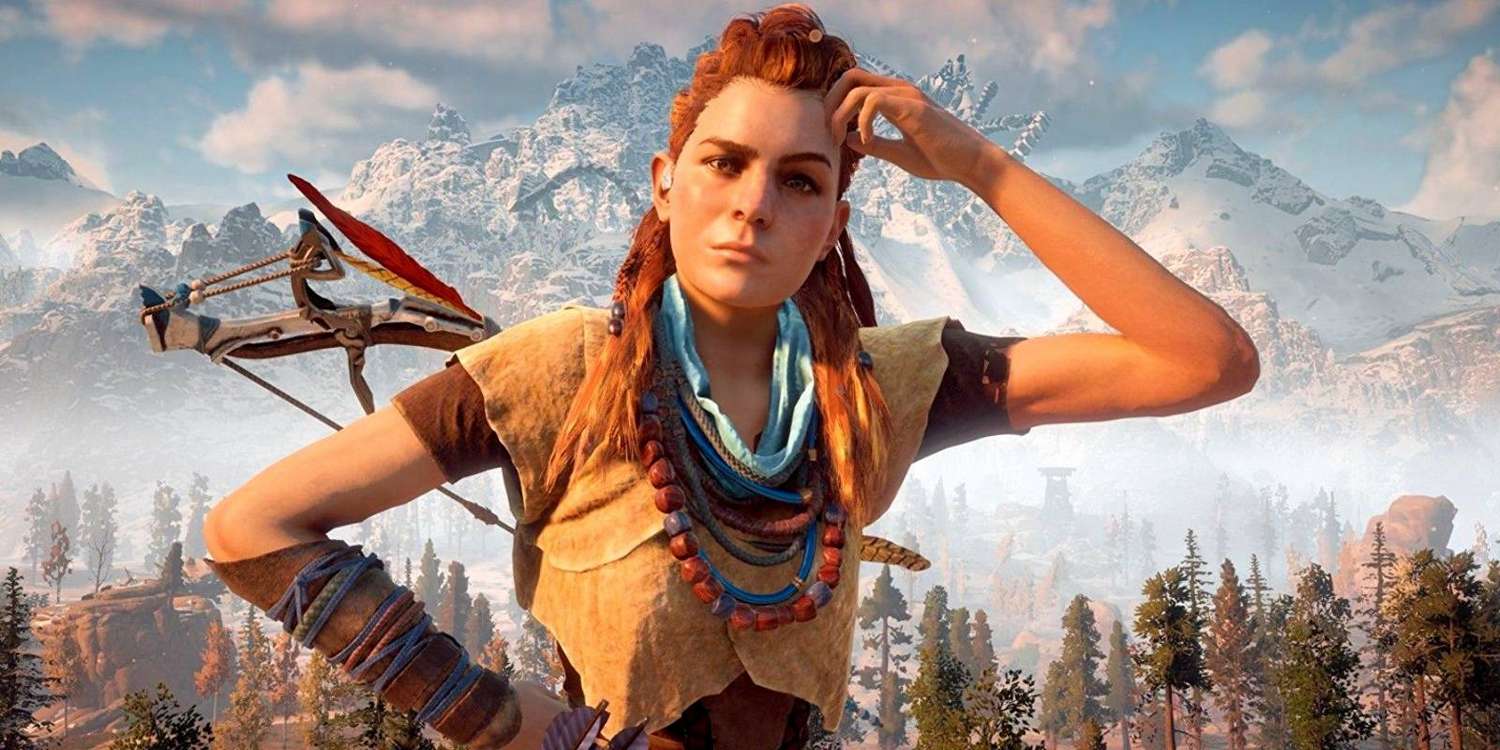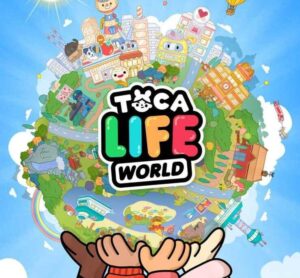Gaming Titan Showdown: Sony Escalates Legal Battle, Seeks Injunction Against Tencent’s Alleged ‘Horizon’ Clone
Popular Now
 Genshin Impact
Genshin Impact
 Free Fire Max
Free Fire Max
 Among Us
Among Us
 Sonic the Hedgehog™ Classic
Sonic the Hedgehog™ Classic
 PUBG Mobile
PUBG Mobile
 Auto X Drift Racing 3
Auto X Drift Racing 3
 Schedule I
Schedule I
 Poppy Playtime
Poppy Playtime
 R.E.P.O
R.E.P.O
 Stumble Guys
Stumble Guys
 The Ongoing Intellectual Property Battle: Why Sony Interactive Entertainment is Taking Aggressive Action to Protect the ‘Horizon’ Franchise
The Ongoing Intellectual Property Battle: Why Sony Interactive Entertainment is Taking Aggressive Action to Protect the ‘Horizon’ Franchise
The high-stakes legal tussle between gaming giants Sony Interactive Entertainment (SIE) and Chinese tech conglomerate Tencent has intensified, with Sony filing a motion for a preliminary injunction in a U.S. District Court. This latest aggressive maneuver aims to immediately halt the pre-release promotion and development of Tencent-affiliated Polaris Quest’s upcoming open-world survival game, Light of Motiram, which Sony has repeatedly labeled a “slavish clone” of its critically acclaimed Horizon Zero Dawn and Horizon Forbidden West titles. This legal escalation underscores the increasing pressure on global developers to protect their proprietary assets and is setting a costly precedent in the realm of video game development and copyright infringement.
A Bold Move to Pre-empt ‘Irreparable Harm’
Sony’s motion, filed in the U.S. District Court for the Northern District of California, seeks to bar Tencent from using key visual and narrative elements from Light of Motiram. Specifically targeted are the game’s protagonist—a flame-haired “tribal warrior huntress” whose striking resemblance to Horizon’s iconic hero, Aloy, was immediately noted by the gaming public—as well as other visuals, storyline elements, and even a specific melody allegedly similar to two compositions from the Horizon Zero Dawn soundtrack. This legal push comes after Sony initially filed a copyright and trademark infringement lawsuit in July 2025.
In the filing, Sony argues that the mere continued promotion of Light of Motiram constitutes an “immediate threatened injury” and “irreparable harm” to the Horizon franchise’s intellectual property (IP) and brand reputation. SIE executives, including key personnel from Guerrilla Games, the original developer, provided sworn declarations emphasizing the danger of consumer confusion caused by the knock-off, which they claim jeopardizes the franchise’s continued success and expansive future plans.
 Tencent’s ‘Nonsense’ Defense and Sony’s Counter-Attack
Tencent’s ‘Nonsense’ Defense and Sony’s Counter-Attack
The injunction request is Sony’s direct response to Tencent’s earlier motion to dismiss the lawsuit. Tencent’s defense claimed that Light of Motiram merely utilizes “time-honored tropes” common to the post-apocalyptic open-world genre, citing games like The Legend of Zelda and Far Cry. They also argued that, with Light of Motiram’s scheduled release pushed back to Q4 2027 following the initial lawsuit, any claim of an “immediate” injury was unwarranted.
Sony has vehemently dismissed this defense as “nonsense” in its latest filing. The company asserted that the damage has already been done, pointing to a torrent of media reports and widespread gamer commentary that identified Light of Motiram as a blatant rip-off immediately upon its announcement in late 2024. Furthermore, Sony accused the conglomerate of “playing a shell game” with its numerous subsidiaries—including Tencent America, Proxima Beta U.S., and Tencent Holdings—in an attempt to obscure liability and avoid accountability for the alleged deliberate copying.
Timeline of Conflict: From Rejected Pitch to Courtroom Showdown
Court documents have shed light on the prior relationship between the two companies, adding a layer of deliberate intent to Sony’s claims. Sony alleges that Tencent had previously approached SIE in early 2024, seeking a license to develop a Horizon spin-off game, a proposal that Sony ultimately declined. The subsequent announcement of Light of Motiram, which included promotional material highly reminiscent of the Horizon aesthetic—specifically the female protagonist and the tribal-meets-technological setting—is cited by Sony as irrefutable evidence that Tencent proceeded to use the Horizon IP without permission.
The situation escalated when, shortly after Sony filed its initial lawsuit in July, Tencent’s subsidiary Polaris Quest quietly removed numerous controversial screenshots and promotional assets from the Light of Motiram Steam page and significantly delayed the game’s launch date from late 2025 to late 2027. Sony views this action not as an attempt to mitigate, but as a tacit admission of guilt and a continued attempt to mislead the court and the global gaming community.
 The Larger Implications for Video Game Industry IP
The Larger Implications for Video Game Industry IP
This lawsuit, and particularly the push for a preliminary injunction, is being closely watched by the entire video game industry and investors, especially those focused on high-growth markets like mobile gaming and AAA titles. A successful injunction for Sony could significantly strengthen the legal protection afforded to distinct character designs, visual styles, and core mechanics in the absence of explicit patent infringement. It would send a clear, strong signal that game studios, particularly those with high-value IP like the Horizon franchise, are ready to deploy aggressive legal tactics to protect their brand equity and competitive advantage against alleged plagiarism from rival firms, regardless of size or geographic location.
- Key Legal Argument: Can a combination of non-patentable elements (character design, aesthetic, setting) constitute protectable expression under copyright law?
- Business Risk: Tencent faces a severe public relations backlash and the substantial risk of being forced to completely redesign Light of Motiram, incurring massive unrecoverable development costs.
- Sony’s Stake: Protecting the Horizon franchise is crucial, particularly with a major live-action film adaptation—revealed to be in active development with a working script and a projected 2027 premiere—further cementing Aloy as a core PlayStation brand icon.
A hearing for the preliminary injunction motion is currently scheduled for November 20, 2025. The outcome of this motion is poised to be a landmark decision, potentially rewriting the rules for IP protection and the acceptable boundaries of game design inspiration within the intensely competitive global gaming market. The financial and strategic implications are enormous for both parties, making this one of the most significant gaming law cases of the decade.








